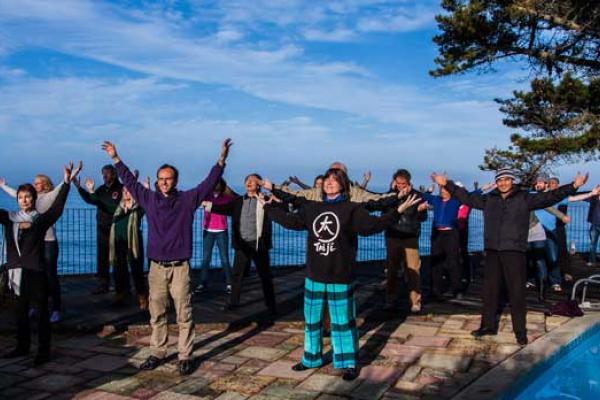May 30, 2012
BIG SUR, Calif. — Perched atop the rugged splendor of the California coast south of Monterey, the Esalen Institute is the mother church for people who call themselves “spiritual but not religious." Over the last five decades, hundreds of thousands of seekers have come to this incubator of East-meets-West spirituality looking for new ways to bring together body, mind, psyche and soul.
But on May 30, as this iconic hot springs spa and retreat center celebrates its 50th birthday, a bitter dispute has broken out over its future. Like the many “seminarians” who come here after losing a spouse or a job, Esalen now faces its own midlife crisis.
Read the Full Article

Already a subscriber? Login
